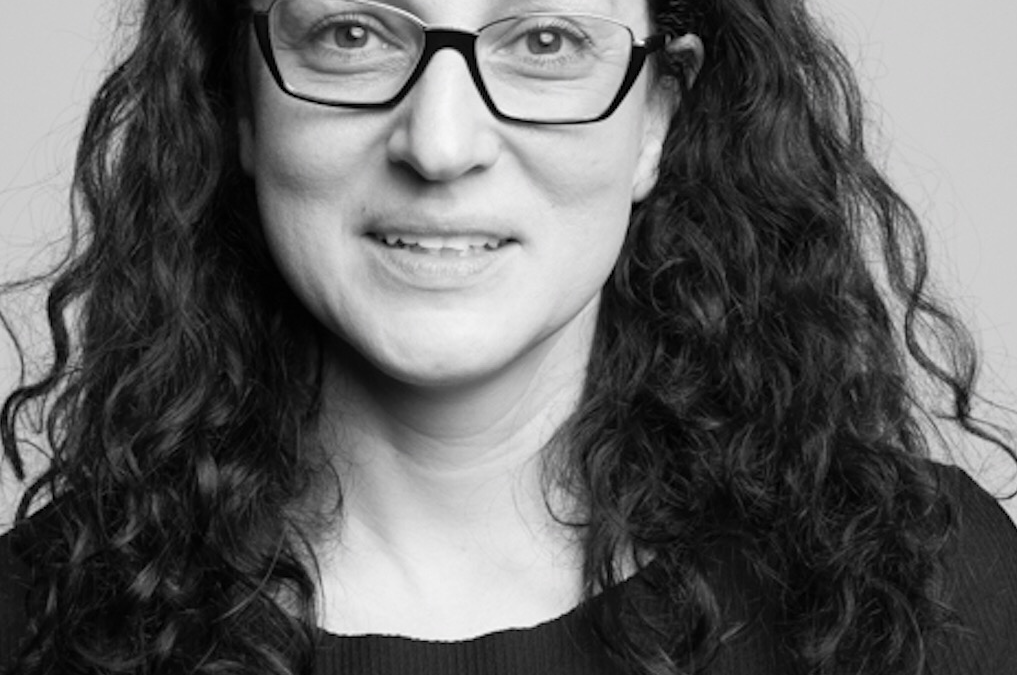Sarel Fleishman
November 2, 2022, at 4 PM
Online (Zoom)
Abstract
We recently developed methods that combine phylogenetic analysis and Rosetta atomistic design calculations to design highly optimized variants of natural proteins. Our methods have been used by thousands of users worldwide to generate stable therapeutic enzymes, vaccine immunogens, and highly active enzymes for a range of needs in basic and applied research. We now present a machine-learning strategy to design and economically synthesize millions of active-site variants that are likely to be stable, foldable and active. We applied this approach to the chromophore-binding pocket of GFP to generate more than 16,000 active designs that comprise as many as eight mutations in the active site.
The designs exhibit extensive and potentially useful changes in every experimentally measured parameter, including brightness, stability and pH sensitivity. We also applied this strategy to design millions of glycoside hydrolases that exhibit significant backbone changes in the active site. Here too, we isolated more than 10,000 catalytically active and very diverse designs. Contrasting active and inactive designs illuminates areas for improving enzyme design methodology. This new approach to high-throughput design allows the systematic exploration of sequence and structure spaces of enzymes, binders and other functional proteins.

Dr. Sarel Fleishman
(Weizmann Institute of Science)
Sarel Fleishman is an associate professor at the Weizmann Institute of Science. His research team develops a computational protein-design methodology to address both fundamental and “real-world” challenges in biochemistry and protein engineering. As a postdoc with David Baker in Seattle (2007-2011), Sarel developed the first accurate methods for designing protein binders, culminating in the design of broad-specificity influenza inhibitors. At the Weizmann Institute (2011-), his team developed protein design methods to the level of accuracy and reliability required to design large and complex proteins such as enzymes, antibodies, and vaccine immunogens — a protein that was designed in the Fleishman lab has recently been approved for mass production as a vaccine for malaria. Among Sarel’s academic awards was the Clore Ph.D. Fellowship (2003-2006), the Science Magazine award for a young molecular biologist (2008), a postdoctoral fellowship (2006-2009) and a career-development award (2012-2015) from the Human Frontier Science Program, European Research Council Starting and Consolidator Grants (ongoing), the Alon Fellowship, the Henri Gutwirth Prize, and the Weizmann Scientific Council Award.
Other distinguished lectures

Nikos Paragios – Seeing the Invisible – Doing the Impossible: Reinventing Healthcare with Generative AI-powered diagnosis, treatment and beyond
Nikos ParagiosDecember 04, 2024Vulpian Amphitheater, 12 rue de l’École de Médecine (75006 Paris) Nikos Paragios (52) is distinguished professor of Mathematics (on partial leave) at Ecole CentraleSupelec, the school of engineering ofthe University of Paris-Saclay and...

Alon Halevy – Well-being, AI, and You: Developing AI-based Technology for Well-being
Alon HalevyDecember 04, 2024Vulpian Amphitheater, 12 rue de l’École de Médecine (75006 Paris) Alon Halevy is a Distinguished Engineer in Google Cloud. From 2019 until November 2023, he was a director at Meta’s Reality Labs Research, where he worked on Personal Digital...

Kimon Drakopoulos – Deploying a Data-Driven COVID-19 Screening Policy
Kimon Drakopoulos May 5, 2021, at 4 PM Online (Zoom) Abstract In collaboration with the Greek government, we designed and deployed a nation-wide COVID-19 screening protocol for travelers to Greece. The goals of the protocol were to combine limited...

Julia Stoyanovich – Building Data Equity Systems
Christopher Messenger April 6, 2022, at 4 PM Online (Zoom) Abstract Equity as a social concept — treating people differently depending on their endowments and needs to provide equality of outcome rather than equality of treatment — lends a unifying...
